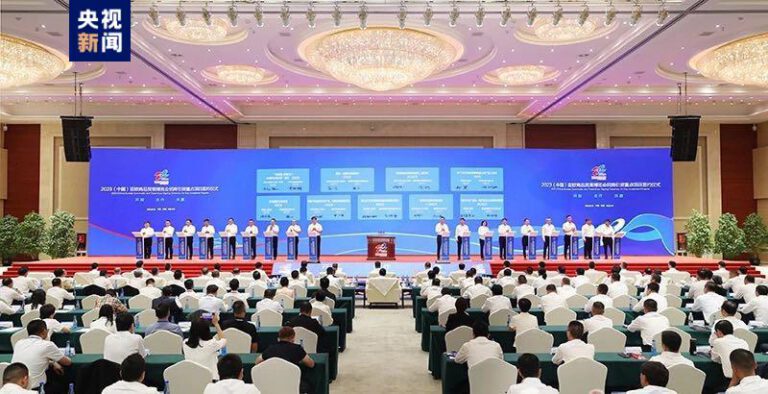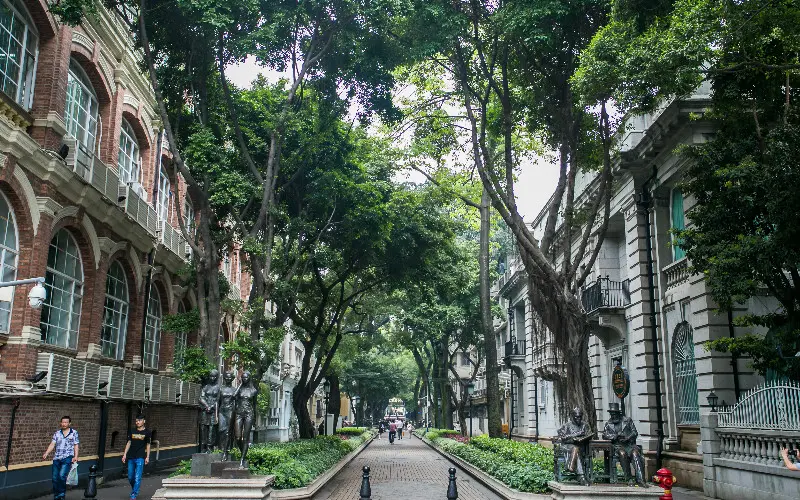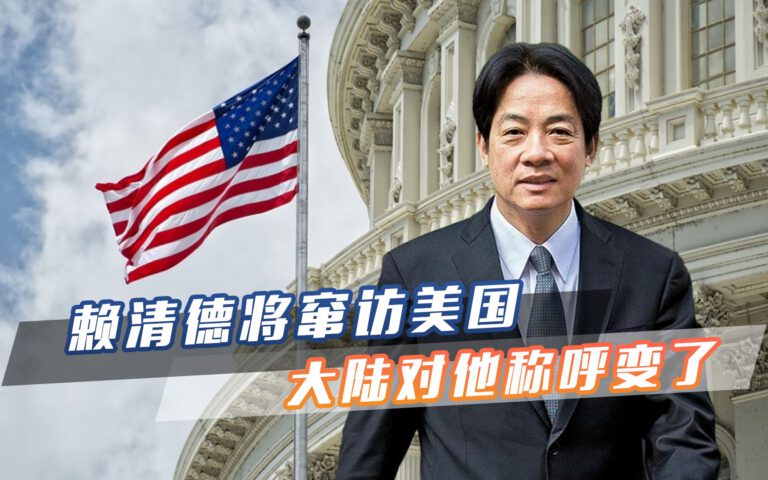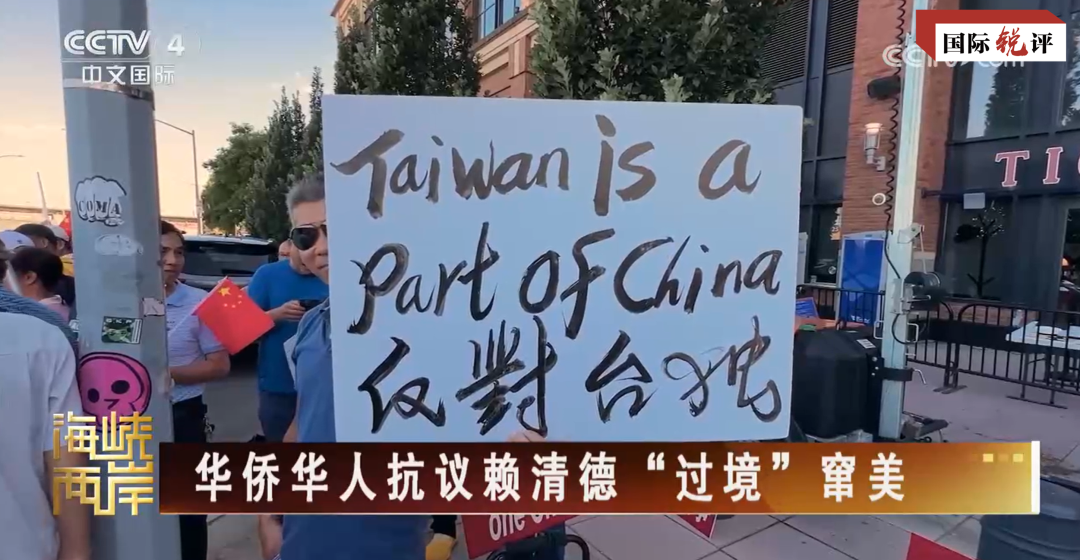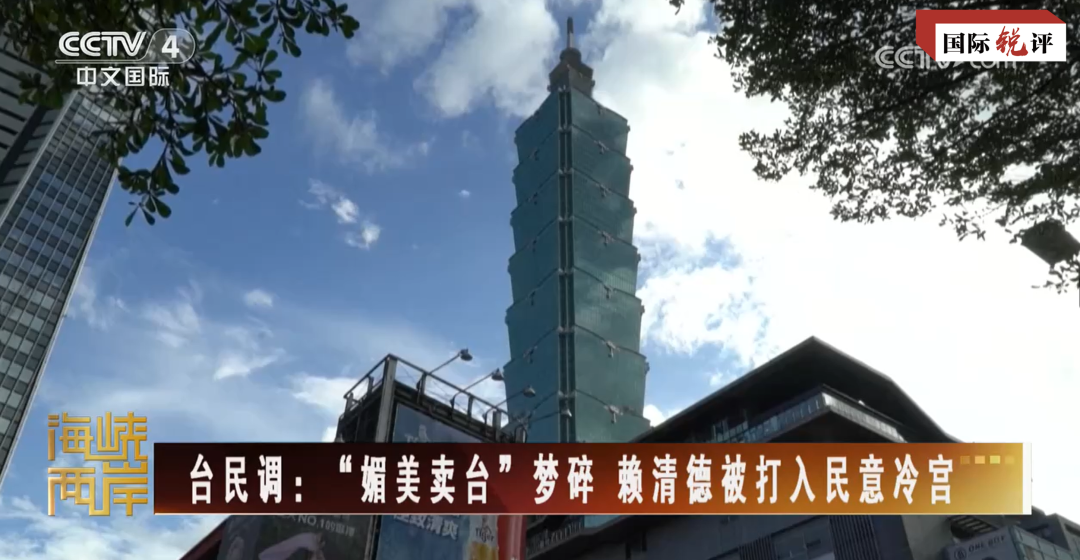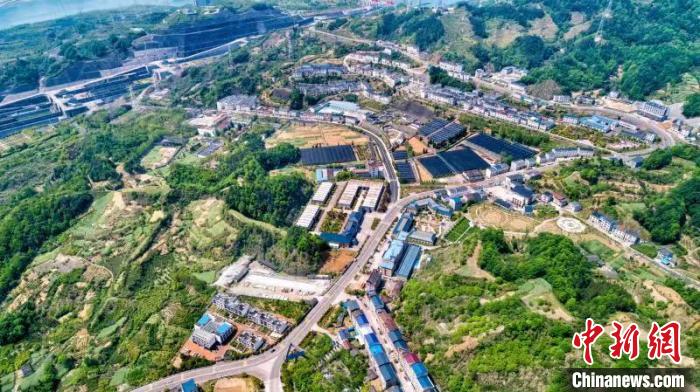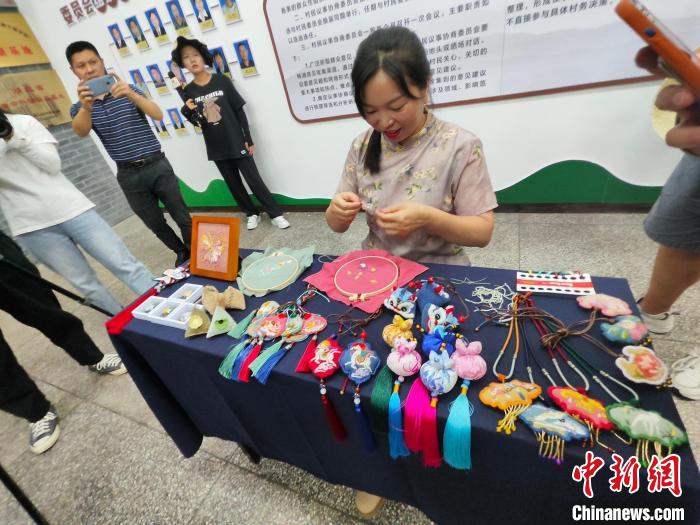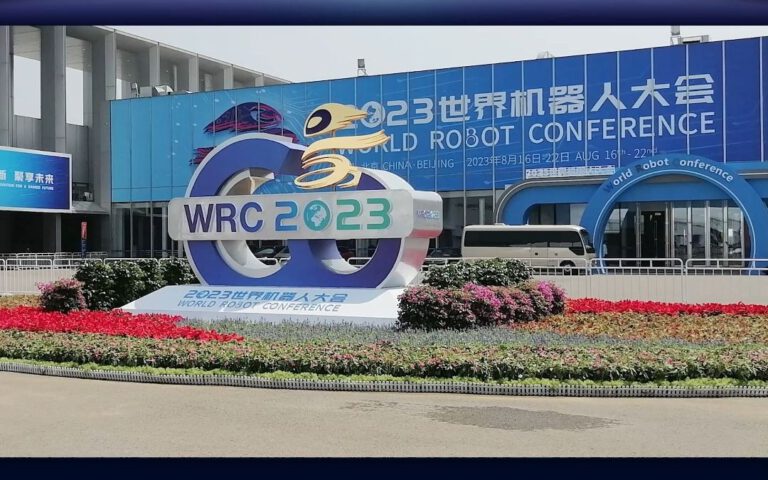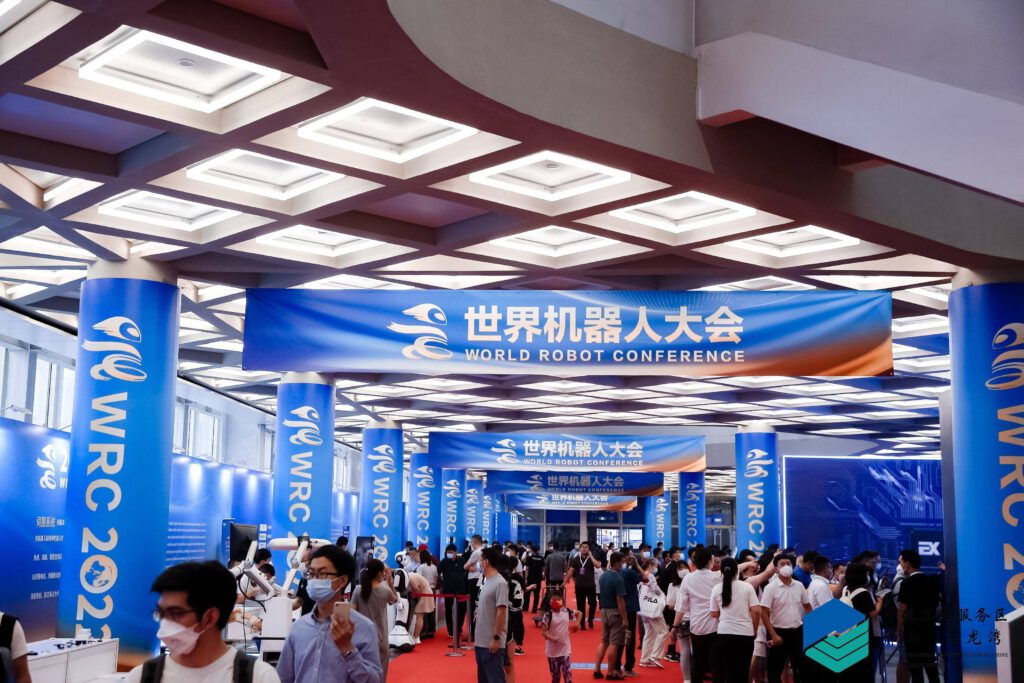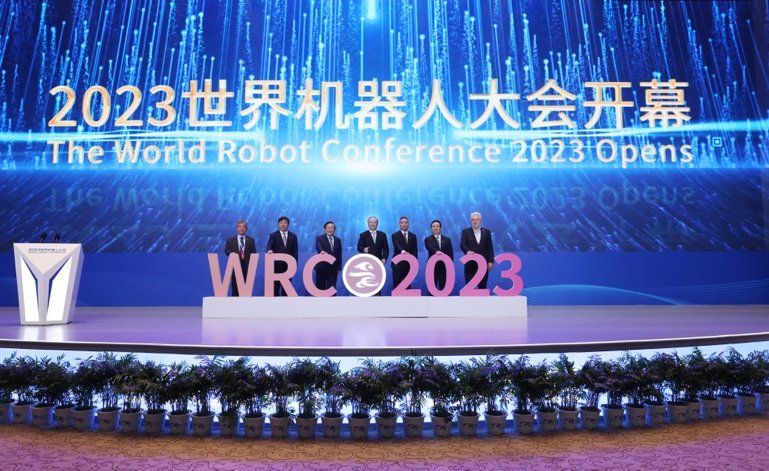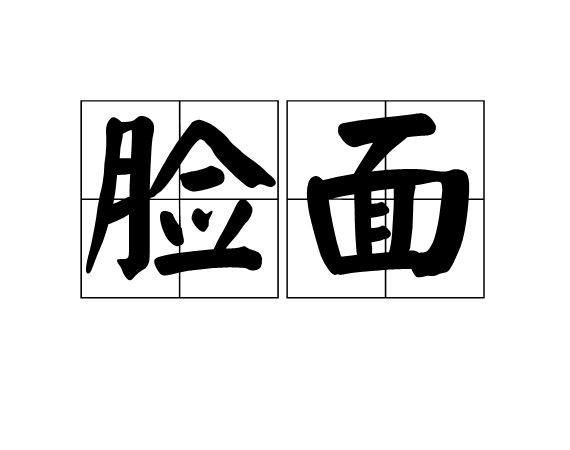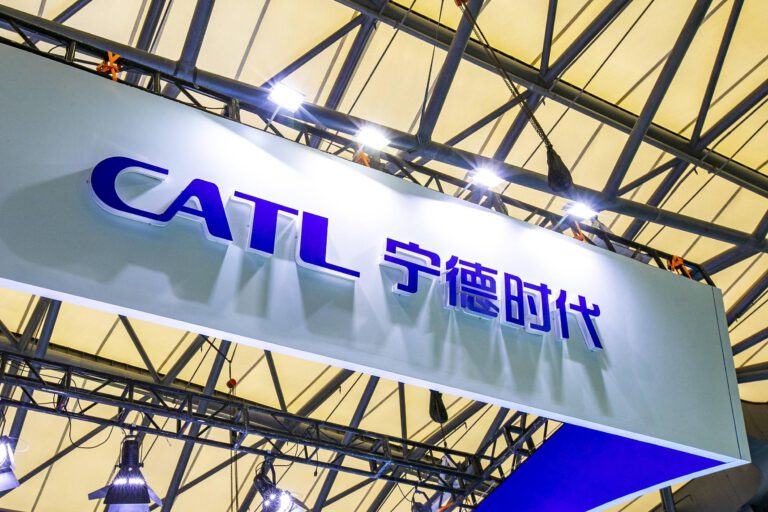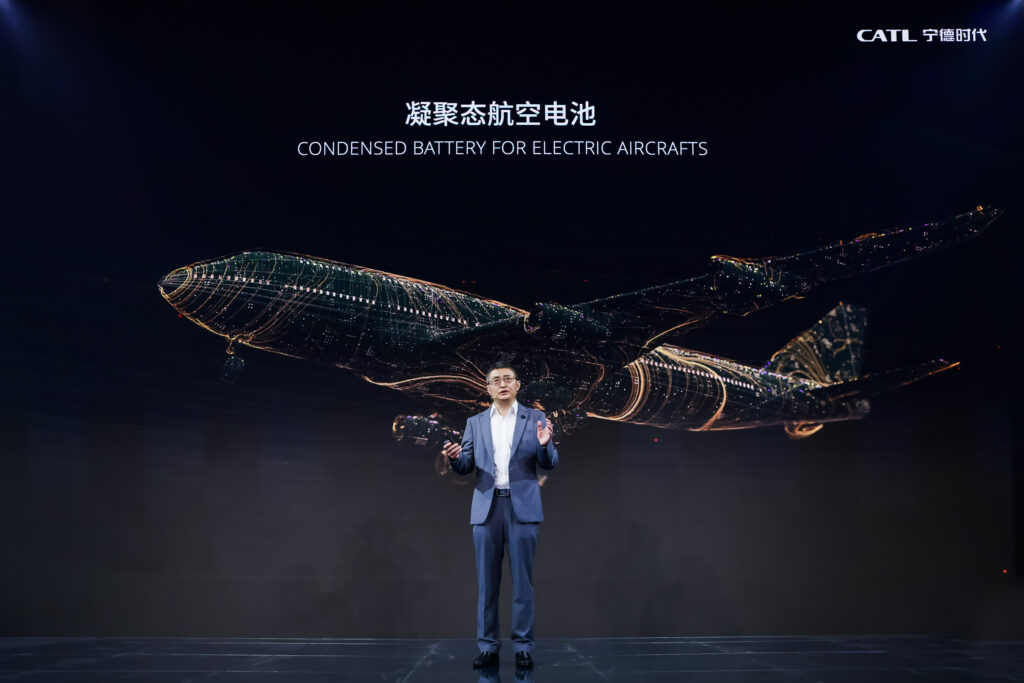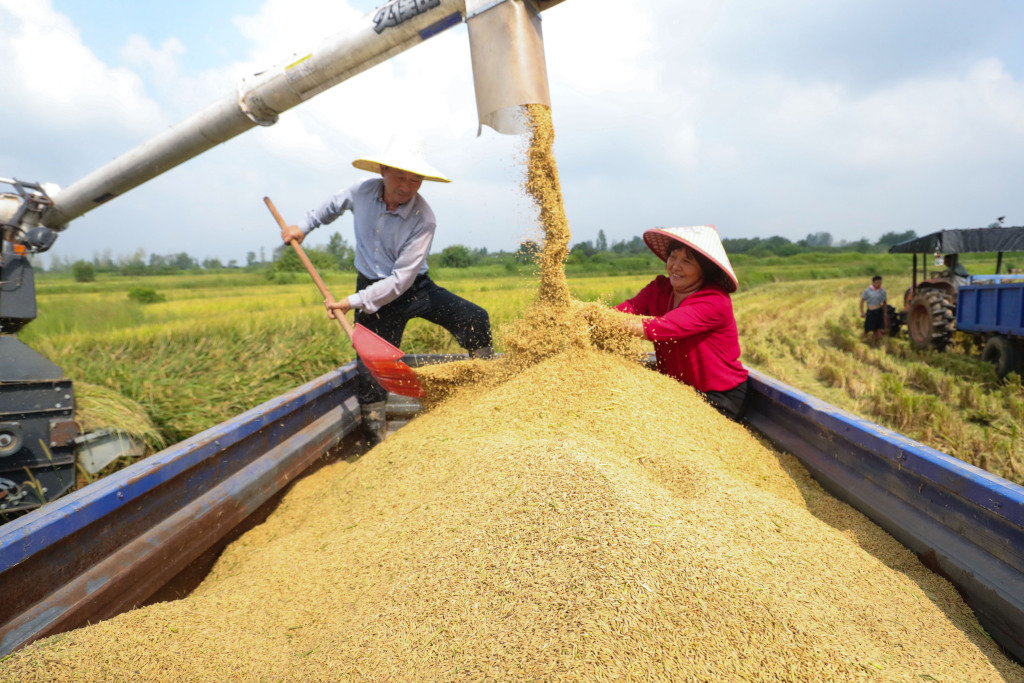On July 19, Commercial Aircraft Corporation of China (COMAC) was established with a registered capital of 76.1 million euro, aiming to cover businesses such as civil aircraft parts design and production, civil aircraft (engine, propeller) production, aviation operation support services, and battery sales. Its shareholders include industry side CATL, user side COMAC, and research side Shanghai Jiao Tong University Enterprise Development Group. This is another cross-industry attempt after CATL. In November 2022, CATL registered the establishment of a wholly-owned subsidiary called CAEV for ship batteries.
In April this year’s Shanghai auto show, CATL released a cohesive battery, a new ultra-high energy density battery. Its single energy density can reach up to 500Wh/kg, making it an ideal choice in the civil electric manned aircraft project cooperation development.
“The first half of transportation electrification is cars, and the second half is aviation electrification,” said an anonymous investor.
Electric aviation demands more on batteries
Similar to electric cars, battery energy density is a core factor in the field of electric aviation, which will directly affect the range time of the airplane. However, the current mass-produced battery energy density on the market is not enough to meet the demand for long flights.
There have been several studies that have shown that in the same range, the battery capacity of pure electric aircraft will be significantly higher than the road pure electric vehicles. Aircraft as one of the most complex transportation, the difficulty of its electrification subsequently upgrades.
“Ground transportation is primarily a 2D movement, with all activities occurring on a single plane, and relatively loose car weight requirements. Airplanes, on the other hand, are converting 2D to 3D, and are more likely to need to overcome the effects of gravity, so airplane weight is an important factor in flight safety, which puts higher requirements on battery weight.” Said researcher from TH Capital that pays long-term attention to the field of electric aviation.
The current battery energy density on the market is around 200Wh/kg, and the limit of energy density under the technical framework is only around 300Wh/kg. This is far from enough if the commercialization of electric aviation is to be truly realized.
The energy density of a cohesive battery released by CATL can reach 500Wh/kg, and CATL claimed to have mass production capacity within this year, which creates technical conditions for its commercialization layout of the electric aviation field.
Safety is a major problem for electric aviation
Usually, it is strictly prohibited to check in lithium batteries when flying in case of incidents such as a lithium battery short circuit, heat, or even fire. Plus, electric aircraft in complex high-altitude environments will also face temperature, bad weather, and other impacts. If there is a battery failure, the consequences are unimaginable.
For the safety issue, CATL introduced that the cohesive battery uses a high power bionic cohesive electrolyte, a high specific energy anode, a new type of anode, and a battery diaphragm. As the electrolyte of CATL cohesive batteries presents a semi-solidified gelatinous state, which is safer and more stable than ordinary electrolytes.
Today’s medium to large-sized aircraft continues to require more power, including not only aircraft control systems, heating/anti-icing systems, and more comfort and utility equipment on board, all of which increase the demand for electricity in all aspects of the aircraft.
When will electric air cabs be popular?
As of now, the application of electric airplane technology around the world is in its infancy. One of the major problems of electric aircraft lies in the battery life, so aircrafts, like eVTOL, focusing on short- and medium-haul flight scenarios are more likely to realize commercial operation in the field of electric aviation and occupy a place in the future field of urban transportation.
The full name of eVTOL is Electric Vertical Takeoff and Landing, which does not require a runway and is mainly oriented to low altitude. eVTOL is not only green and environmentally friendly but also can be utilized to alleviate the problem of urban traffic congestion in low altitudes.
In 2016, Uber put forward the “Uber Elevate” urban air cab program, which triggered a wave of global attention to eVTOL. As the technology continues to mature, eVTOL has become a new investment opportunity chased by global capital.
In terms of applicable scenarios, short-haul scenarios such as airport shuttle, city tourism and intercity transportation will be the first market to be occupied by eVTOL. Compared with traditional helicopters or aeronautical fixed-wing aircraft that are easily restricted by take-off and landing sites, noise, use, and maintenance costs, the eVTOL is likely to get mass popularization.
From the point of view of the ride experience, electric airplanes do not have fuel engines and are much quieter than traditional airplanes. At an altitude of 100 meters to 200 meters, the volume of eVTOL is about 40 decibels, which makes it more suitable for application in urban areas.
In the early stage of eVTOL’s development, as many commercial buildings in cities are equipped with helipads, the two can be generalized to meet the demand for electric aviation use in the short term.
According to the International Energy Agency (IEA), the annual carbon emissions generated by the aviation industry account for about 3% of total global carbon emissions, or about 1 billion tons of carbon dioxide equivalent. The International Air Transport Association (IATA) has put forward the goal of the aviation industry to achieve net-zero emissions by 2050, allowing carbon emission reduction in the aviation industry to attract widespread attention globally.
Although the aviation industry’s carbon emission reduction program has been in full bloom, there is still a long way to go if we want to move towards a fully electrified and clean aviation era.
(Source: CATL, COMAC)



